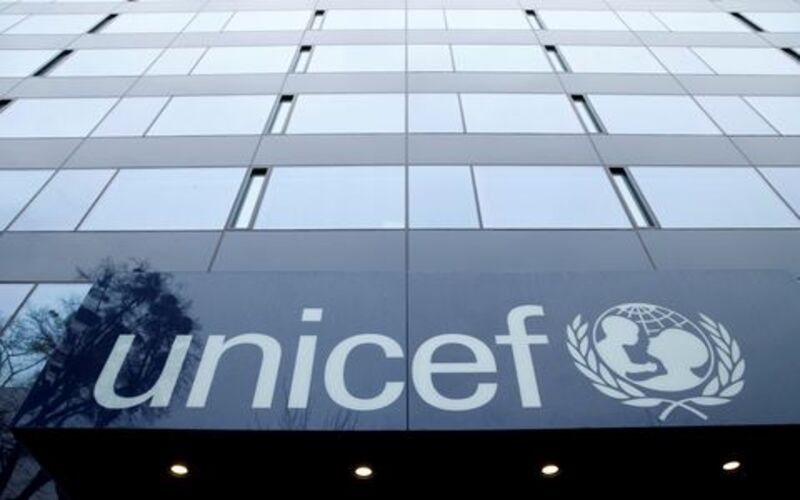UNICEF worries about Afghan education aid group ban. On Thursday, the U.N. children’s agency followed up with Afghanistan’s Taliban authorities on whether international organizations will be barred from education initiatives, which may affect hundreds of thousands of kids.
“UNICEF is deeply concerned by reports that over 500,000 children, including over 300,000 girls, could lose out on quality learning through community-based education within a month if international non-governmental organizations working in the field of education are no longer allowed to operate,” said UNICEF’s Afghanistan spokesperson, Samantha Mort.
She claimed the agency wanted clarity. The Taliban did not respond to a request for comment.
Since 2021, the Taliban has shuttered most secondary schools for girls, barred female students from universities, and prevented many Afghan women from working for relief organizations and the U.N.
However, foreign organizations like the U.N. have heavily supported education projects, including community-based schools in rural households.
Two humanitarian aid sources reported that provincial authorities had recently ordered international organizations to halt working on education programs.
The Taliban have not acknowledged any orders to humanitarian agencies seeking clarity.
“UNICEF urges the de facto authorities to place the best interests of the child at the heart of all decision-making and reiterates that every child has the right to learn,” Mort said.
This year, 8.7 million Afghans need humanitarian aid for education, and the U.N. hoped to reach 3 million under a humanitarian package altered this week to reflect lesser resources.
































Comment Template